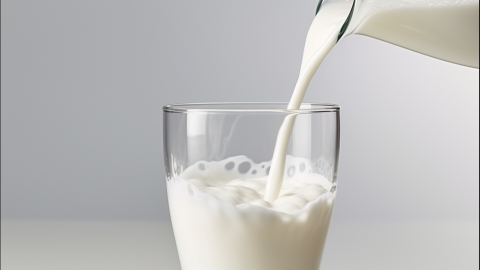Which is better and more nutritious, formula milk or cow's milk?
Generally speaking, formula milk and fresh milk each have their own nutritional characteristics, making it difficult to directly determine which is more nutritious. It is recommended to choose based on individual needs. The detailed analysis is as follows:

Formula milk is a product of milk undergoing dehydration processing, with relatively concentrated nutritional components, and typically contains higher levels of protein and fat. Additionally, formula milk can be tailored to meet the nutritional needs of different populations by adjusting formulations, such as adding vitamins and minerals, to suit various age groups. Moreover, the protein molecules in certain formulas are smaller and easier to digest and absorb, making them suitable for individuals with sensitive or weaker digestive systems.
Fresh milk is liquid milk that retains most of its nutritional components, including abundant protein, calcium, and various vitamins. It can be consumed directly without additional processing and helps maintain normal physiological functions in the body. It is generally suitable for children and adults with strong digestion and a balanced diet.
When choosing between formula milk and fresh milk, one should consider age, health status, and individual nutritional needs to make the most suitable choice.







